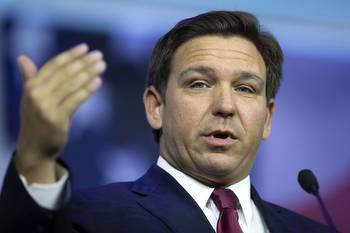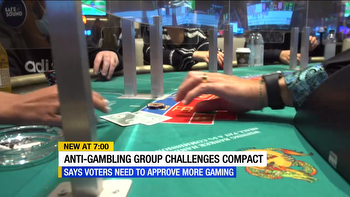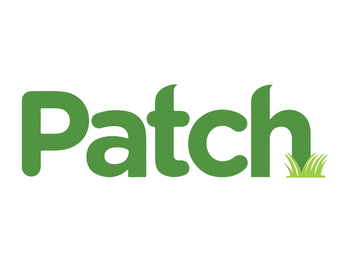Companies seek to expanding gambling in Florida

TALLAHASSEE – The signing of an exclusive 30 year gambling deal with the Seminole Tribe of Florida has major out-of-state companies seeking to expand gambling on the 2022 ballot.
Tens of millions are already earmarked for petition gathering efforts for at least three amendments.
Big out-of-state interests are bankrolling efforts to create more gambling here after they were shut out by the new Seminole Tribe gaming compact this year.
John Sowinski, president of No Casinos, which opposes gambling expansion in the state, suggested Florida’s best interests weren’t at heart in the decision.
“A lot of gambling interests looked at that and said they would rather have a free-for-all for what happens in Florida,” said Sowinski.
Las Vegas Sands put $17 million behind two proposed amendments. It hasn’t decided which to push, but one would allow three new casinos. The other would allow a casino somewhere between Jacksonville and Pensacola, with Jacksonville as the top choice.
AdSowinski said a new casino won’t be good, regardless of where it’s located.
“Whatever the form of gambling is that’s introduced, it doesn’t generate new money. It simply diverts discretionary spending from bars, restaurants, movie theaters,” Sowinski said.
Neither idea violates the Indian gaming deal. Not so with another proposal to allow sports betting, which the Seminole Tribe got exclusive rights to in the new compact.
If it passes, the tribe would lower its payments to the state.
The amendment on sports betting was already being anticipated by Gov. Ron DeSantis on the day he signed the new compact.
“We’re not authorizing that. That’s a referendum, so you could deduct the payment from that portion, but still have the other stuff,” said DeSantis this past April.
The Seminole Tribe said it will spend its Florida money to stop the amendments, while FanDuel and Draft Kings each pitched in $10 million.
AdThen there is another $15 million from the owners of a South Florida casino to a campaign that doesn’t even exist yet. Ironically, all the money is likely to create a bidding war for signatures, making each campaign more expensive in the end.
The rush to fund the amendments is because a new law limits contributions to amendment gathering efforts, but on the day it took effect, July 1, a judge granted an injunction, erasing the $3,000 contribution limit, at least temporarily.



































